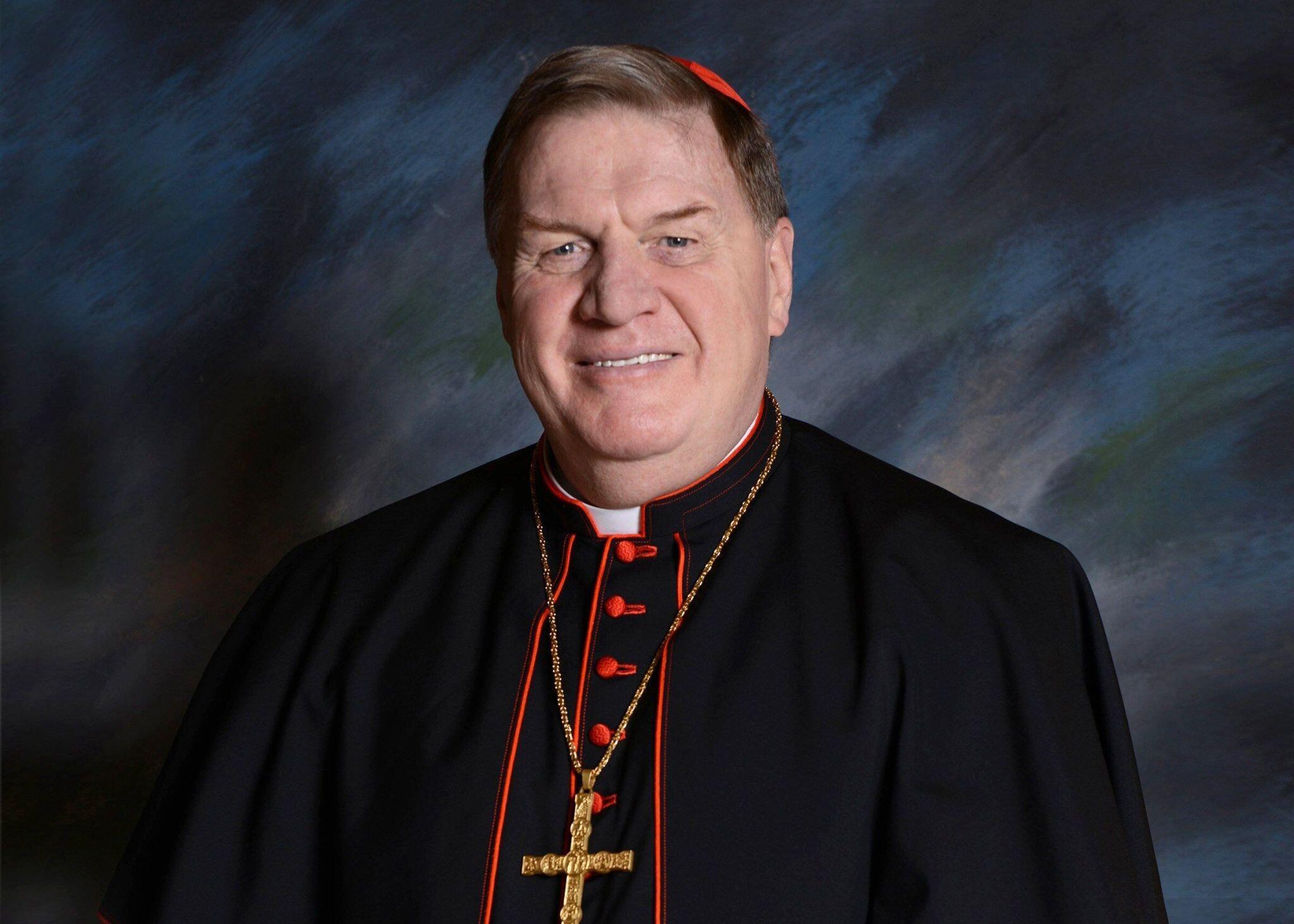God’s mercy is extended to everyone
My dear sisters and brothers in Christ,
St. John Paul II, in his encyclical Dives in Misericordia (Rich in Mercy), reminds us that mercy is a distinguishing characteristic of the Jewish and Christian understanding of who God is, how God relates to his people, and what he expects from us.
“Slow to anger and rich in mercy” is a phrase that is repeated over and over again in the Scriptures. The parables, teaching and example of Jesus consistently emphasize God’s mercy (and his demand that we also show mercy.) There is something reciprocal about divine mercy. One who is loved and forgiven is expected to show compassion and forgiveness toward others. In the Lord’s prayer, we implore God our Father to “forgive us our trespasses as we forgive those who trespass against us.”
The passion, death and resurrection of Jesus represent the ultimate outpouring of divine mercy. “He saved us, not because of righteous things we had done, but because of his mercy,” St. Paul tells us (Ti 3:5). But unless we acknowledge our own sinfulness and the mercy of God, which alone can set us free, we remain stuck in our sins, weighed down by the corruption of our minds and hearts, miserable people who cannot know Easter joy.
Like Jesus himself, Pope Francis is comfortable with sinners (which is not the same thing as condoning our sins), but like Jesus, he draws the line at hypocrisy, which he calls the language of corruption. “They were sinners, like all of us, but they took a step further,” the pope says. “As if they had become consolidated in sin: they don’t need God! But this is only an illusion because in their genetic code this relation with God exists. And since they can’t deny this, they create a special god: they themselves are god, they are the corrupt!”
For Pope Francis, corruption means the death of the soul, the total perversion of our relationship with God. We are all sinners. We all turn away from God—sometimes in ways that are gravely serious or mortal. But the corrupt take human sinfulness “a step further.” According to Pope Francis, they have allowed the corrosion of evil, hypocritical attitudes and sinful actions to transform them into “the anti-Christ.”
Click here to continue reading Cardinal Tobin’s column Rejoice in the Lord.


